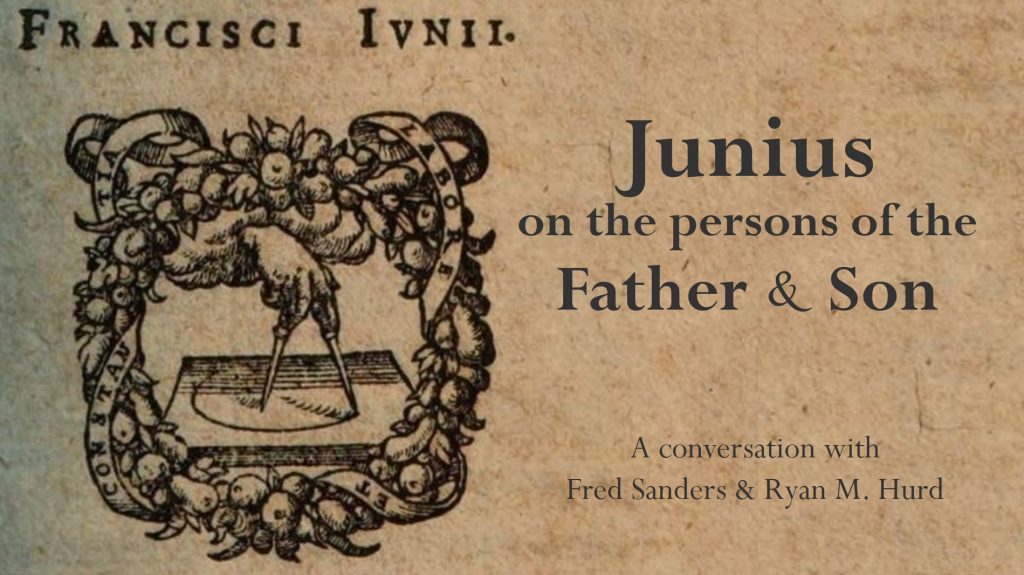
Franciscus Junius (1545-1602) was an important theologian in the Protestant Orthodox tradition. He is most famous for his influential Treatise on True Theology, with its profound approach to theological method. Junius taught widely across all the major doctrines of Christian theology, but never published a system or compendium. What he did publish was a set of learned Disputations on a large number of doctrines, which can be gathered to show Junius’ mind on most of the subject matter of Christian doctrine. One of these disputations was on the Trinity of persons in the divine essence, and one (Leiden Disputation number 13) was on the persons of the Father and the Son. This latter one is especially great.
If you’re interested in what Junius teaches on the Trinity, here’s good news: Ryan Hurd has recently translated this Disputation, and he and I are going to discuss it online in a series of videos. Our conversations about theology (we did something similar with Polanus in 2020) are casual and unscripted, but follow the structure of the text and give us a chance to explore issues in trinitarian theology as they arise. We’ll try to keep the time down to about 30 minutes, and we’ll try to post one discussion video per week. There are 31 theses in this Disputation; we’ll usually cover a few per session.
Here’s Ryan’s translation of the introduction and Thesis 1:
We have considered commonly the unity of essence in the three subsisting persons, and the Trinity of Persons in it, not subsisting outside the unity of essence. We deal with the three persons individually next, given what the method of the established order requires, in order to more fully and clearly explain what things concerning the material cause of our theology have been revealed in the New and Old Testaments to us.
Thesis 1. The Father is the first person of the holy Trinity, αναρχος or existing a se, not from another, per se, in se, eternally begetting in the unity of essence the Son, his image, and spirating together with the Son the Holy Spirit.
And here’s our conversation: